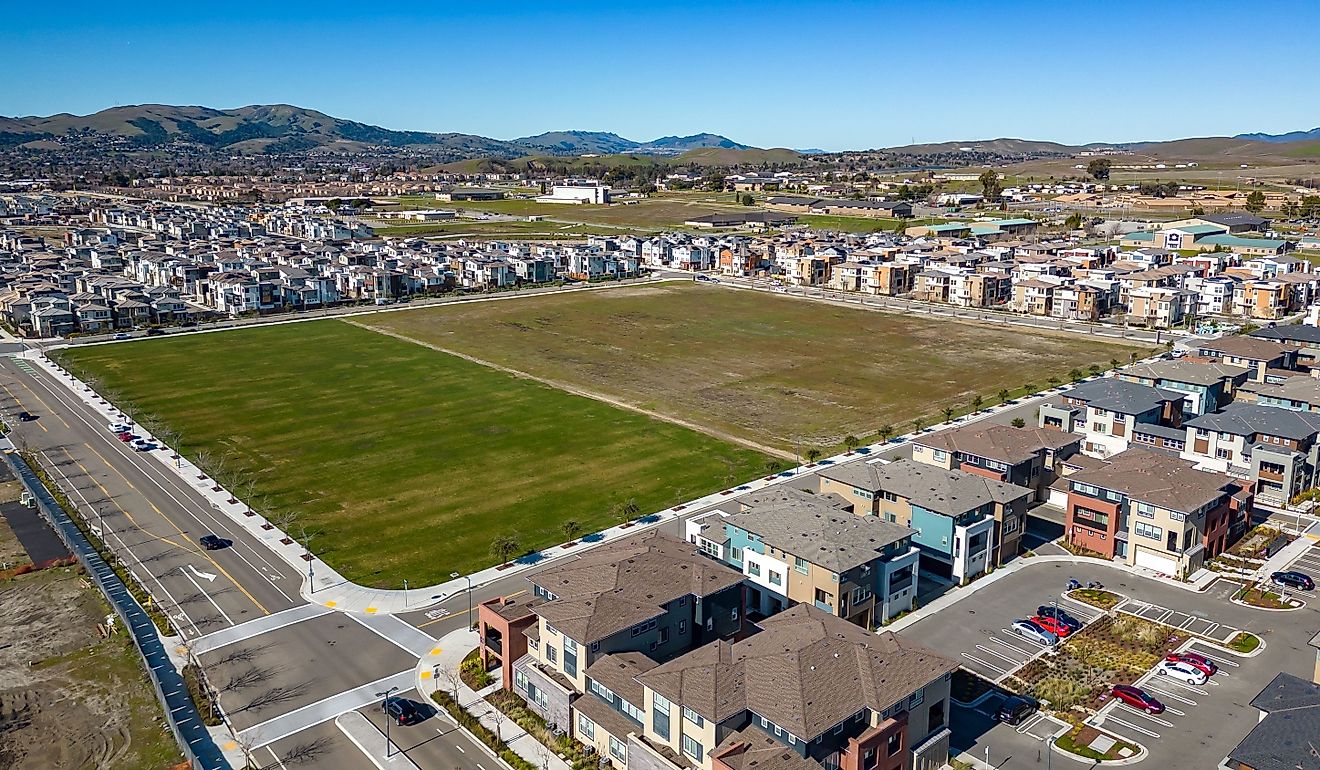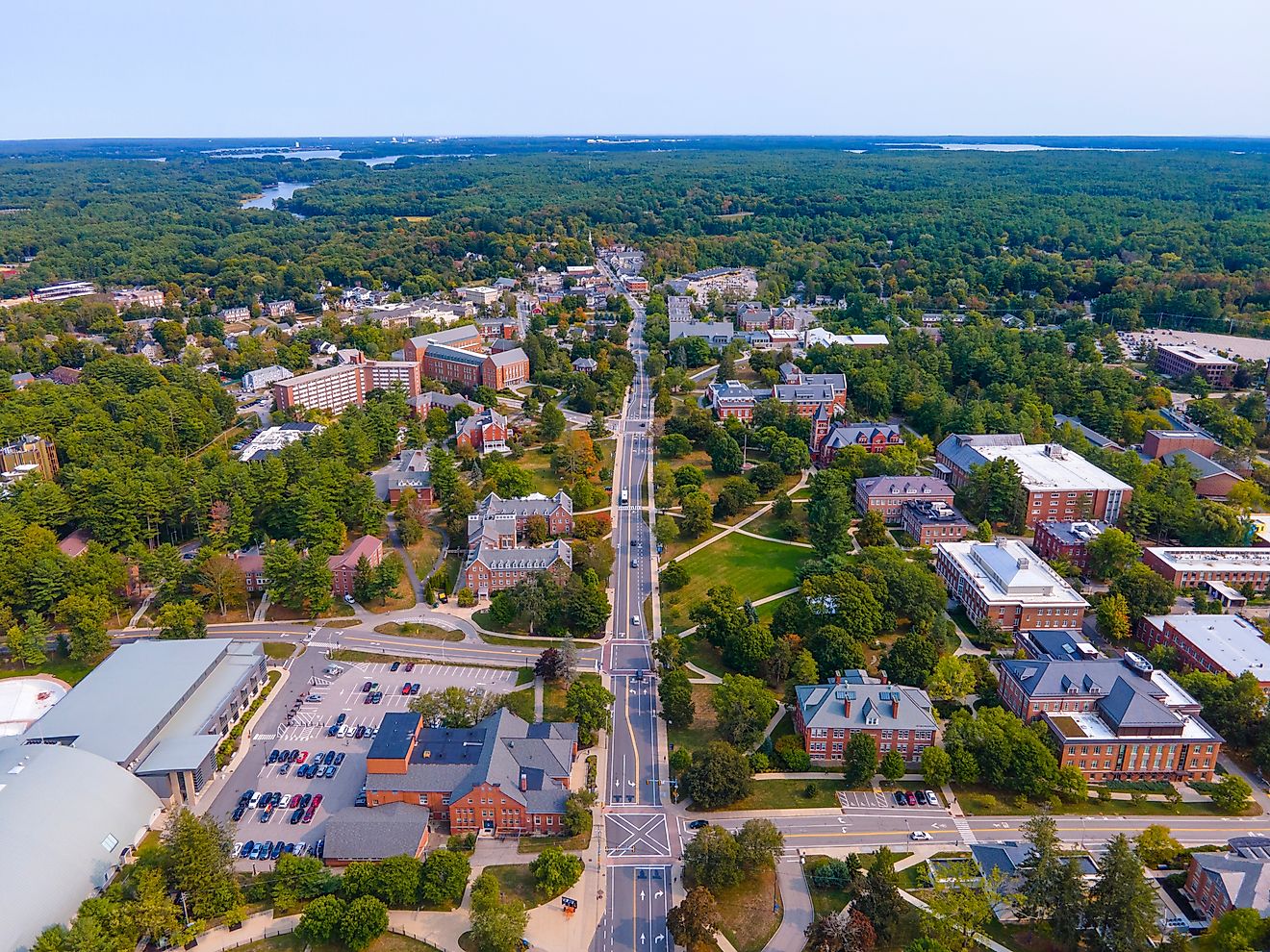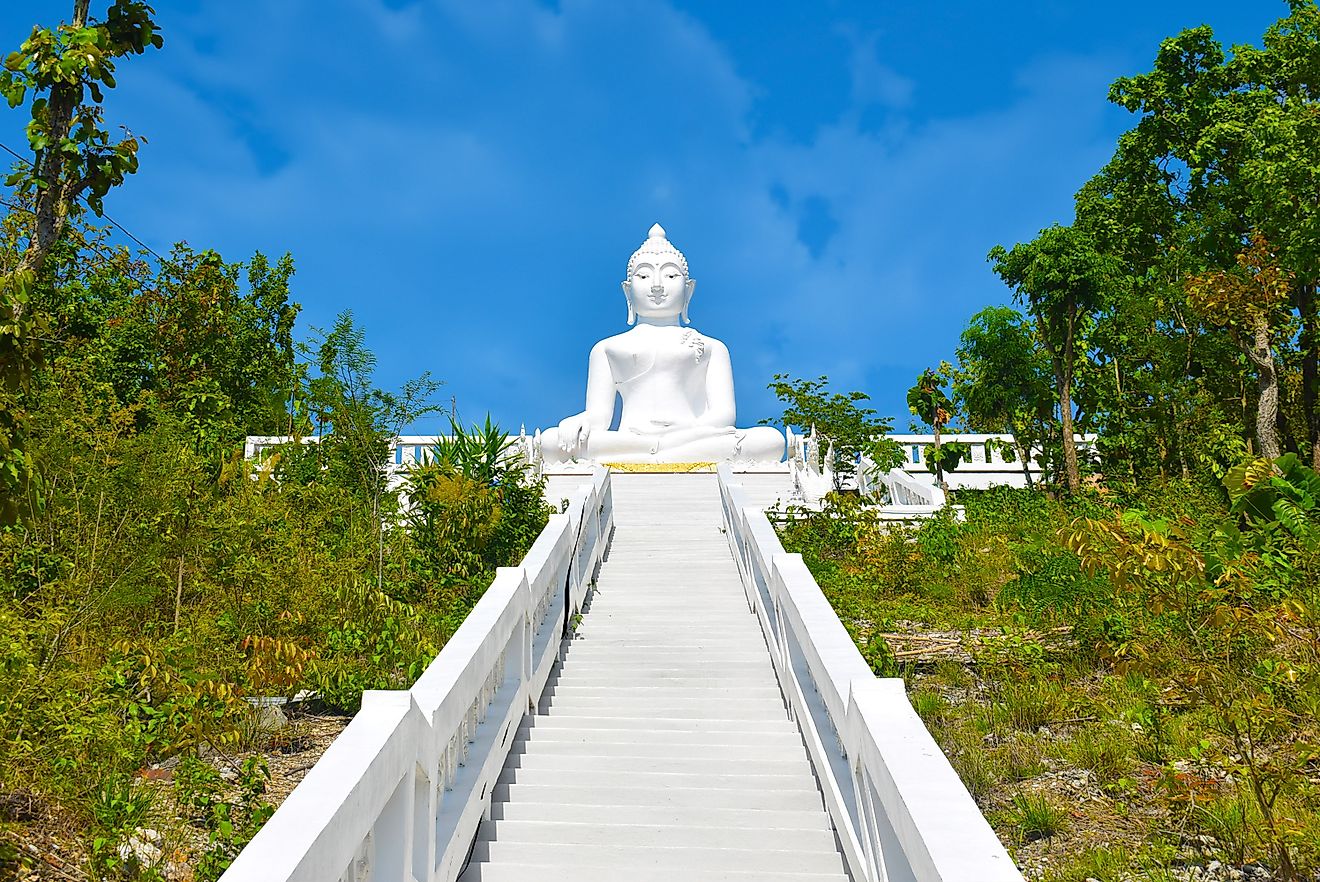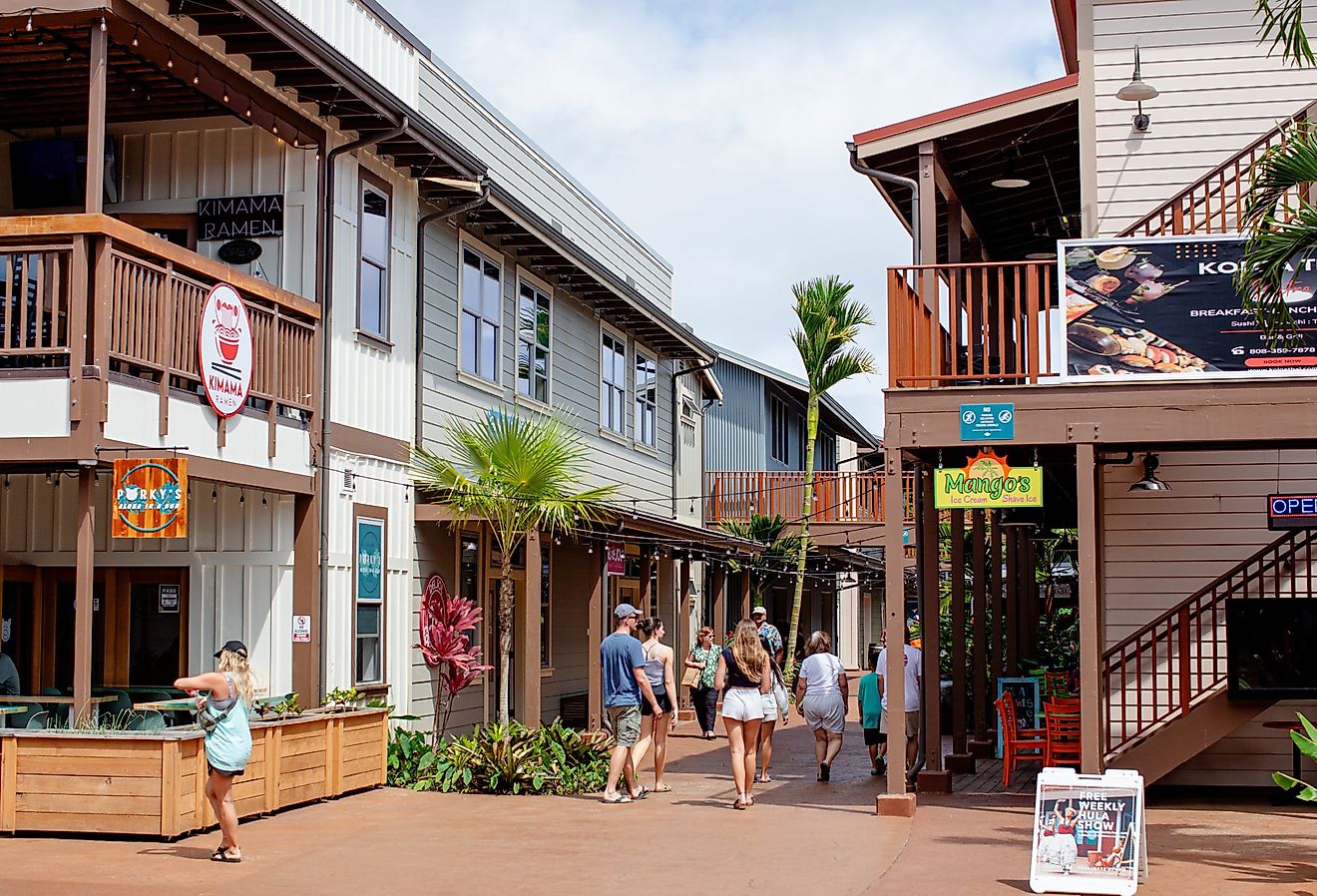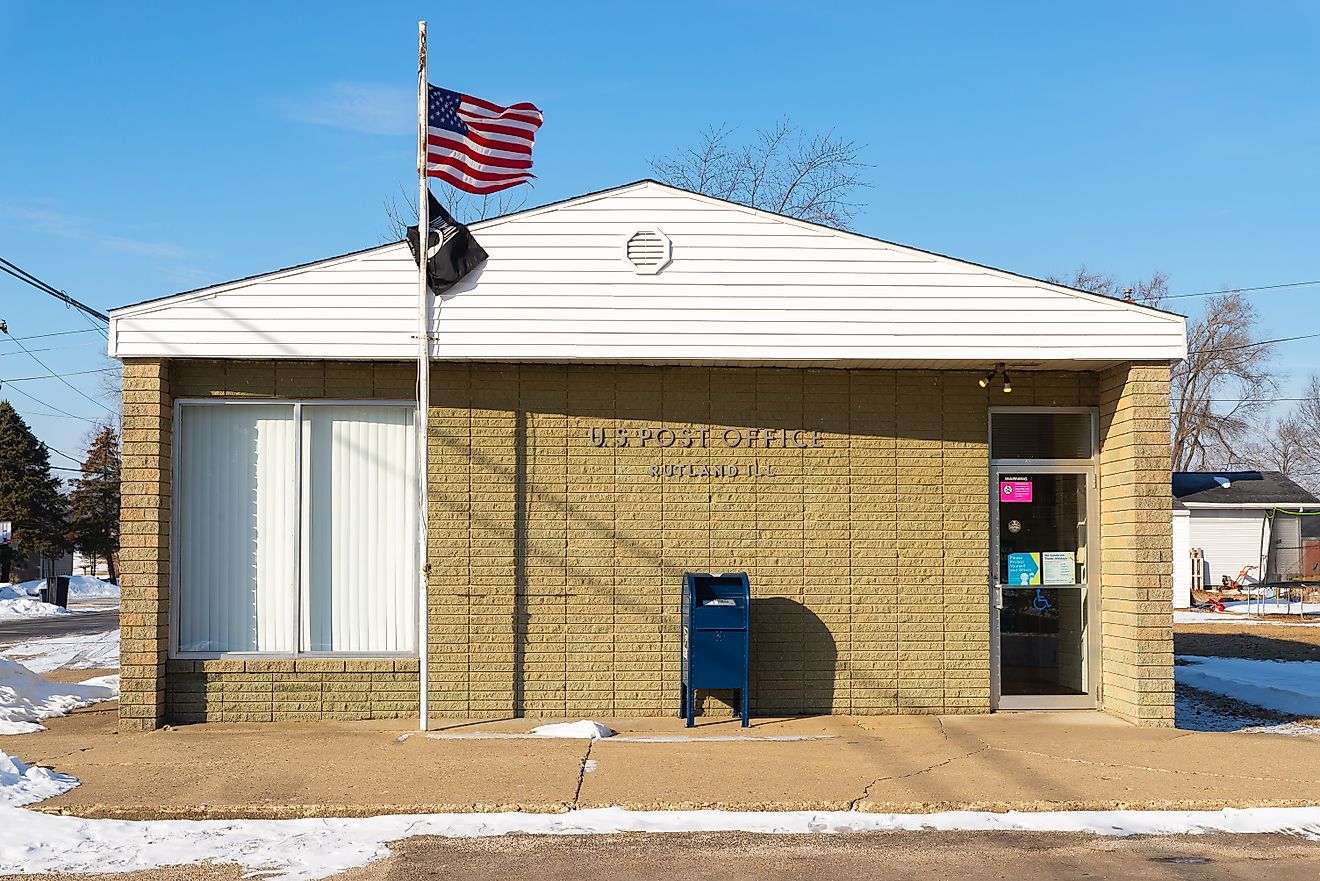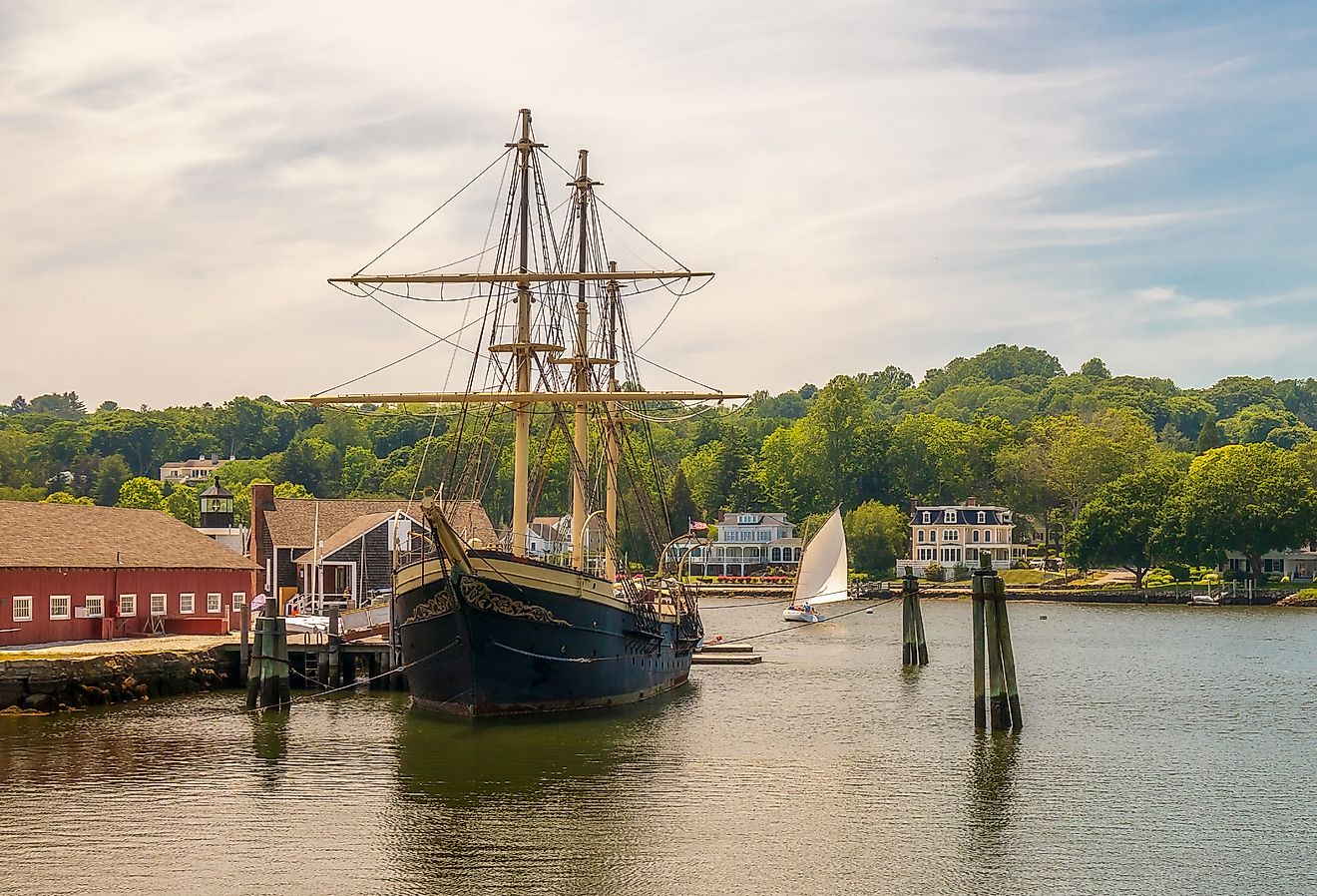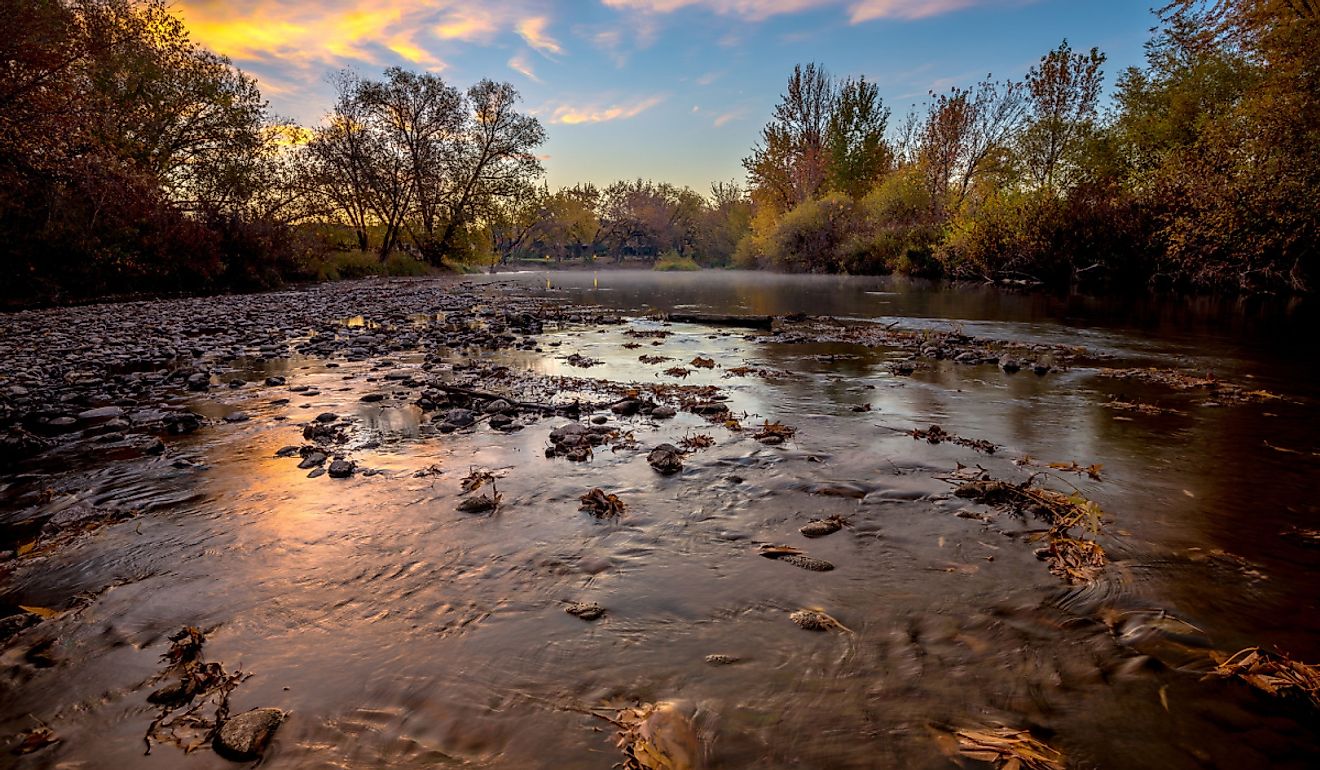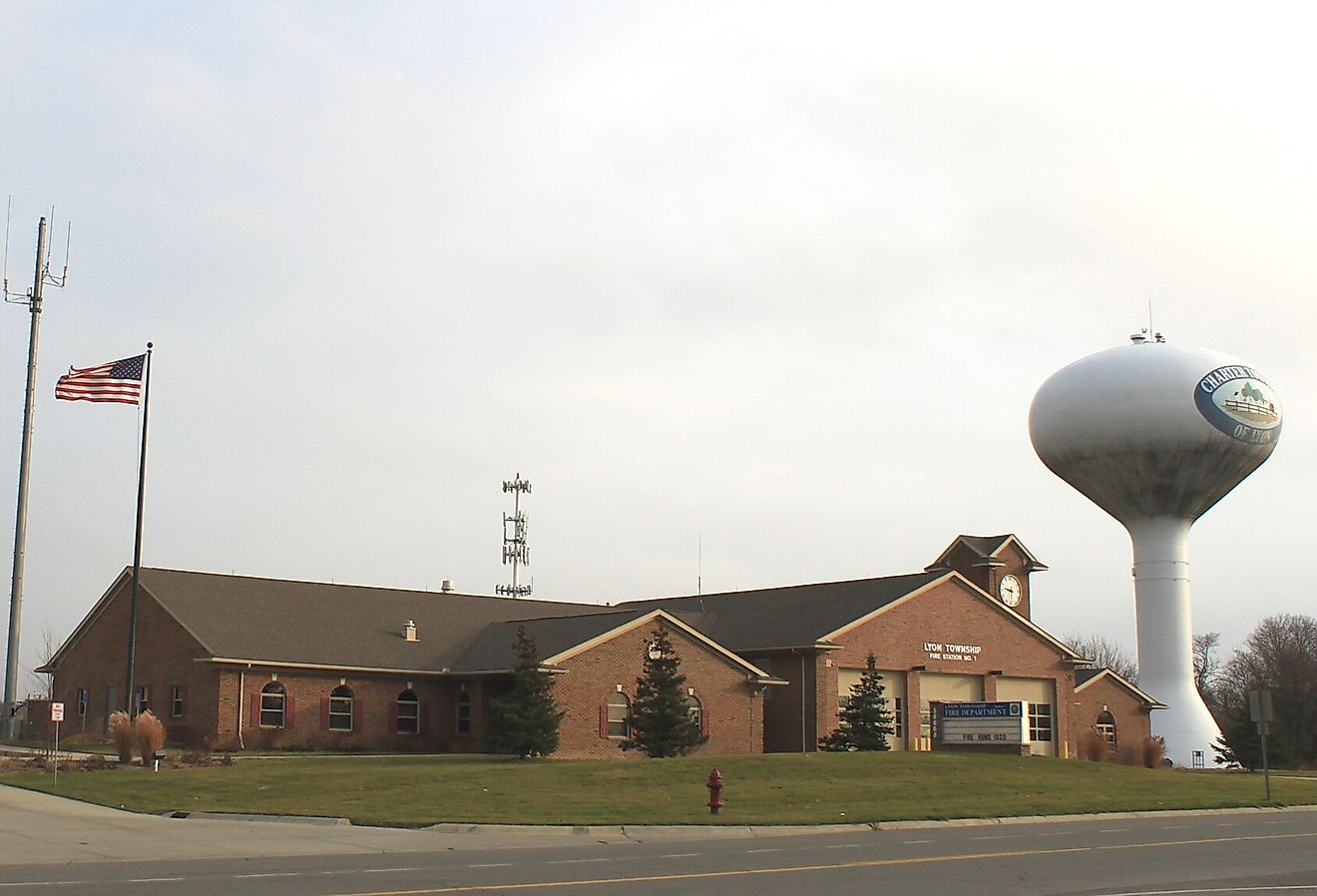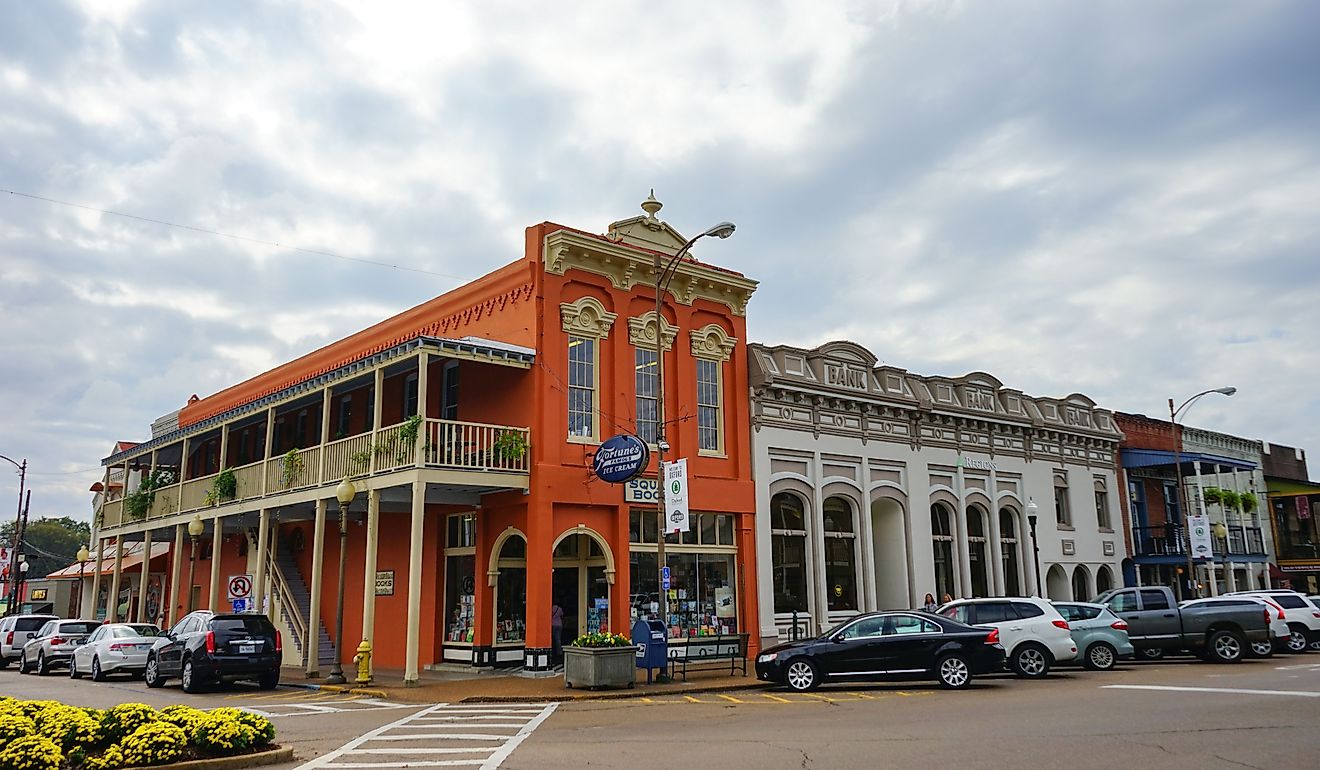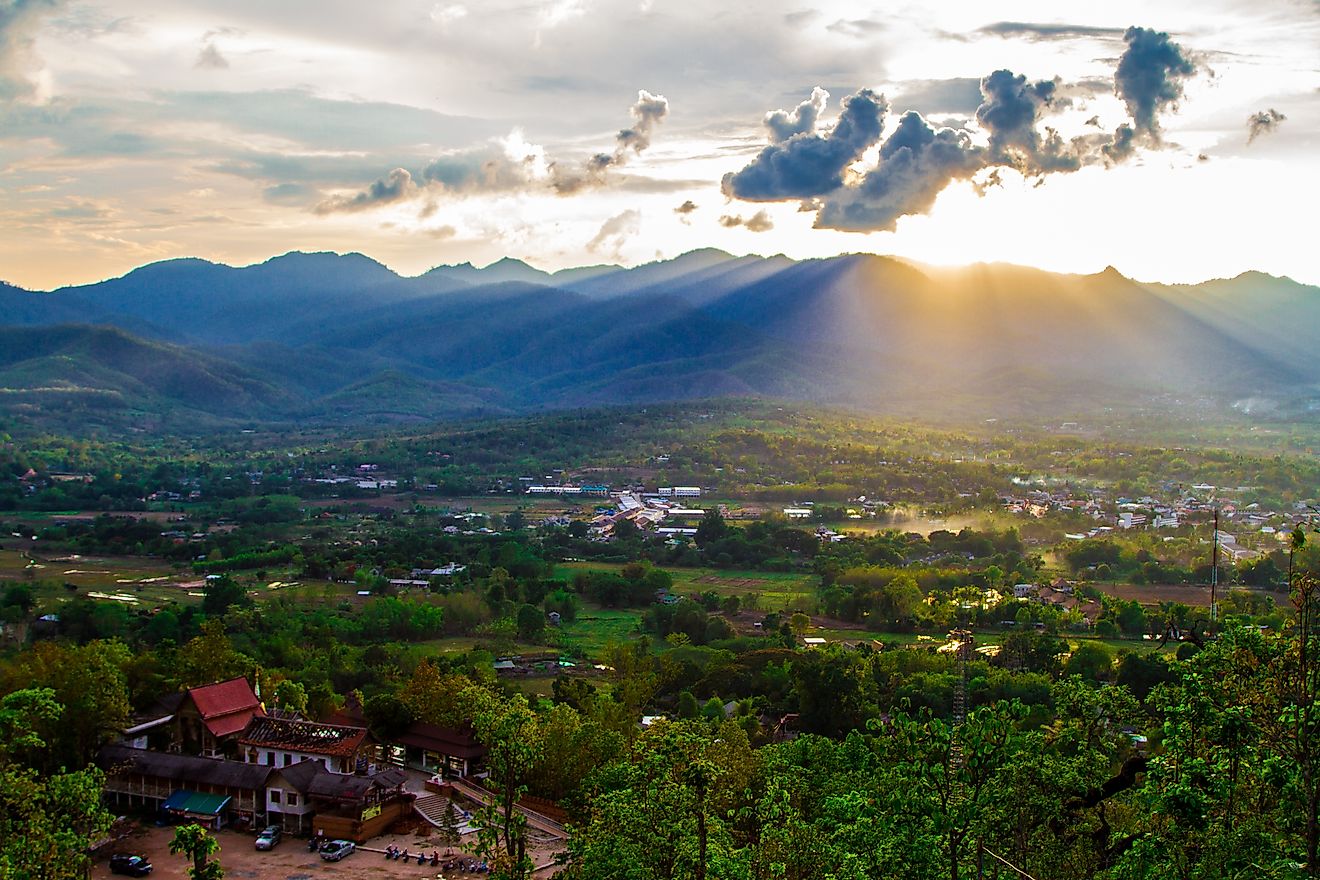10 Unesco World Heritage Sites To See In South America

- There are 72 World Heritage Sites in South America
- Brasilia's architecture and design is one of the world's few large-scale examples of Corbusier's design principles of urbanism
- The Chan Chan Archaeological Zone is marked as a heritage site in danger due to how easily it is damaged by heavy rain and erosion
South America is an area that has a rich cultural, historical, and natural background. The massive chunk of land is home to a variety of different cultures, housing thirteen different countries and an array of languages that range from Spanish to Saramaccan. The continent is 6,890,000 square miles, and it is bordered by two Oceans, North America, and the Caribbean Sea. South America has a population of approximately 423 million as estimated in 2018. Amid all these other aspects of South America is its own large set of UNESCO World Heritage Sites. These sites are selected by the United Nations Educational, Scientific and Cultural Organization based on their cultural, historical, scientific, or other significance. Here are ten must-see South American World Heritage Sites.
10. Atlantic Forest South-East Reserves

This site was chosen based on its natural criteria and is located in São Paulo and Paraná, Brazil. This location is home to achingly gorgeous vistas and mountain ranges that span across a 932-mile system of peaks and escarpments in Southeastern Brazil. Also known as the Serra do Mar, it runs parallel to the Atlantic Ocean coast through several states. The various mountain ranges are broken up in several places and as a result, can be given individual names like the Serra de Bocaina and the Serra Negra. The beauty and diverse ecosystem make this a definite stop for nature lovers.
9. Brasilia

The next site is an entire city, specifically the federal capital of Brazil, known as Brasilia. The reason it stands out is its gorgeous urban architecture. It was originally planned by Lúcio Costa and Oscar Neimeyer in 1956 and was created in order to move the capital to a more central position. Its comprehensive design marks it as one of the few places in the world where Corbusier's design principles of urbanism have been applied on such a massive scale. The city itself is located atop the Brazilian highlands and is estimated to be Brazil's third-most populated city.
8. Chan Chan Archaeological Zone

The Chan Chan Archaeological Zone is located in La Libertad, Peru and is primarily a cultural touchstone because of the treasure trove of history that it holds. The city of Chan Chan was the capital of Chimú culture, a group whose kingdom developed originally along the coast of northern Peru. The zone is divided into distinctive units that belie the past sociopolitical divisions. Make sure to visit this site soon, however, as it is considered an endangered heritage site due to the fact that its many built elements can be easily damaged by rain and erosion.
7. Chavin

This is another site that is esteemed for its cultural background. Similar to the last entry, it is located in Peru in the Huari Province, Ancash. Though it is not in danger like the Chan Chan city, this location also has a veritable wealth of archaeological discoveries and sites. It is a place settled by the Chavin culture, a group who existed between 1500 and 300 BC. The site itself is made of a group of terraces and squares cut from the rock. Visit this site to get a glimpse of a religious-based society that previously held a lot of cultural influence.
6. Chiribiquete National Park

This national park, located in the Caquetá and Guaviare Departments of Colombia, is also sometimes known by the name, The Maloca of the Jaguar. Specifically found in the north-west Colombian Amazon, it is the largest protected area in the country and is especially known for the number of table-top mountains and sheer-sided sandstone plateaus that populate the park. From a historical perspective, more than 75,000 paintings can be found in the rock shelters near the bases of the mountains. These drawings have creation dates that go back as far as 20,000 years, depicting hunting scenes, battles, dances, and worship of the jaguar.
5. Cuzco

The city of Cuzco is a cultural heritage site located in Peru. Its history goes all the way back to the Inca king Pachacutec who ruled the then kingdom of Cuzco as it grew to become the 15th century Inca empire. This city was the focal point of the empire and was split up into various areas for religious, administrative, agricultural, and artisan uses. This rich history doesn't stop here as after the Spanish conquered the empire, beautiful Baroque churches and other examples of brilliant architecture were built over the ruins.
4. Ciudad Universitaria de Caracas

If you find yourself in Venezuela make sure to make a stop at Caracas to see the cultural landmark of the Ciudad Universitaria de Caracas. This university campus was designed by Carlos Raúl Villanueva and is considered by some to be a stunning masterpiece of early 20th-century architecture and urban planning. The design is well-tailored to the warm and muggy climate with an open design that allows for air to flow smoothly. The campus itself is made up of several different zones, with a northern botanical garden, extensive sports facilities, and the various faculties and schools, all making for good places to visit.
3. Galápagos Islands

These Ecuadorian islands, located in the similarly named Galápagos Province, are well known for their historical connection to Charles Darwin. Darwin's visit here was critical to his development of the theory of evolution specifically due to his observations of the natural life in the remote archipelago of volcanic islands. The site today still boasts a large array of local species and house slightly over 25,000 people on its shores. The islands are also well known for their volcanoes which have been continuously active for 20 million years spitting magma. This beautiful area is a great stop on any South American vacation.
2. Historic Sanctuary of Machu Picchu

This sanctuary, located in Cuzco, Peru, is a mixed heritage site. It isn't easy to get to, located as it is 7,680 feet above sea level. The area, which is part of Machu Picchu, was constructed as an imposing mountain estate around the middle of the 15th century, only to be abandoned and left standing after 100 years. The remaining building has a variety of terraces and buildings carved from rock. It is estimated that the area was home to approximately 1,200 people, mostly priests, women, and children. It was already deserted before even the Spanish arrival and now stands as an architectural monument.
1. Paraty and Ilha Grande

The Rio de Janeiro-based Paraty and Ilha Grande is celebrated for both its cultural and its biodiversity. It is nestled between the Serra da Bocaina mountain range and the Atlantic Ocean and boasts a cultural reputation that includes the incredibly historically well-preserved coastal town of Paraty, which still contains much of its 18th-century plan and colonial architecture from the same time period. On the natural side of things, this location also has four protected natural areas in the Brazilian Atlantic Forest, a forest that is known as one of the world's most biodiverse locations. Come for the history, stay for the animals.
